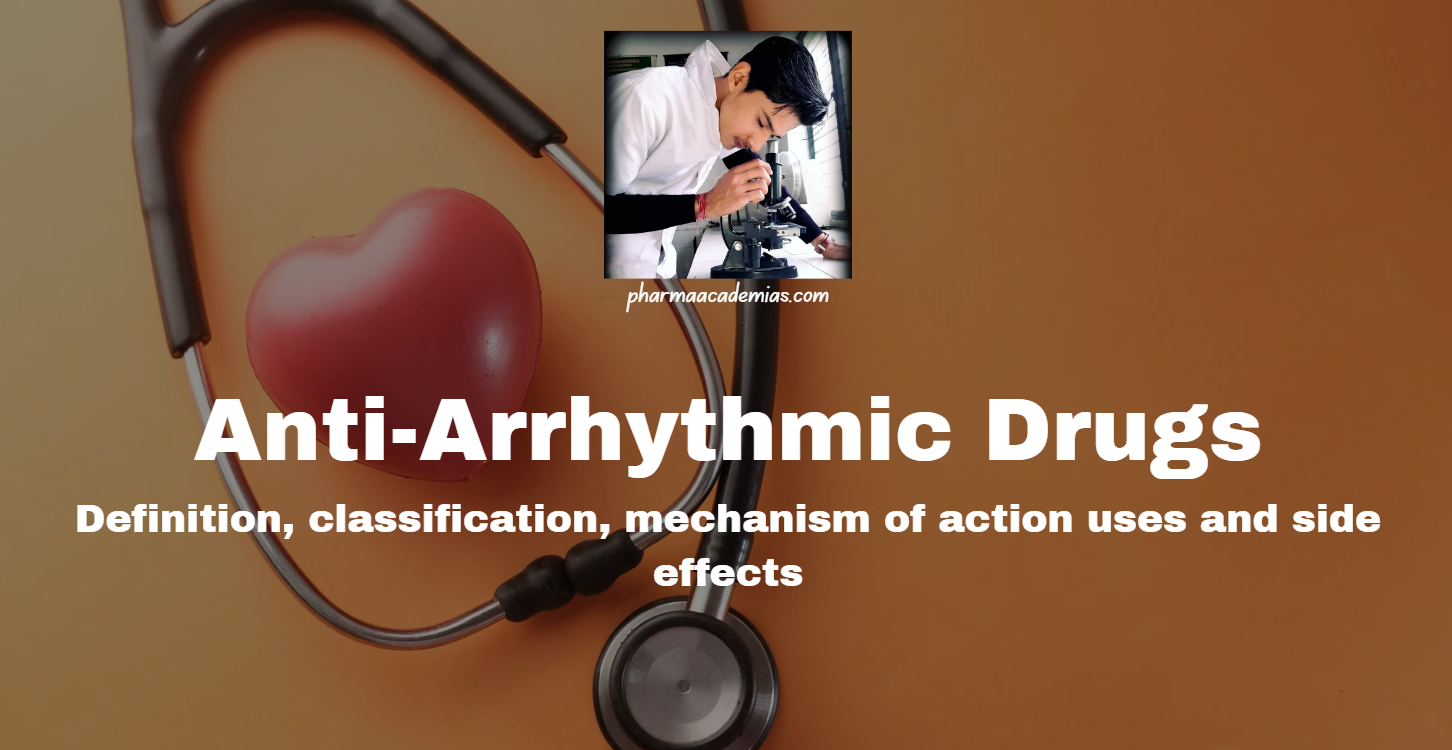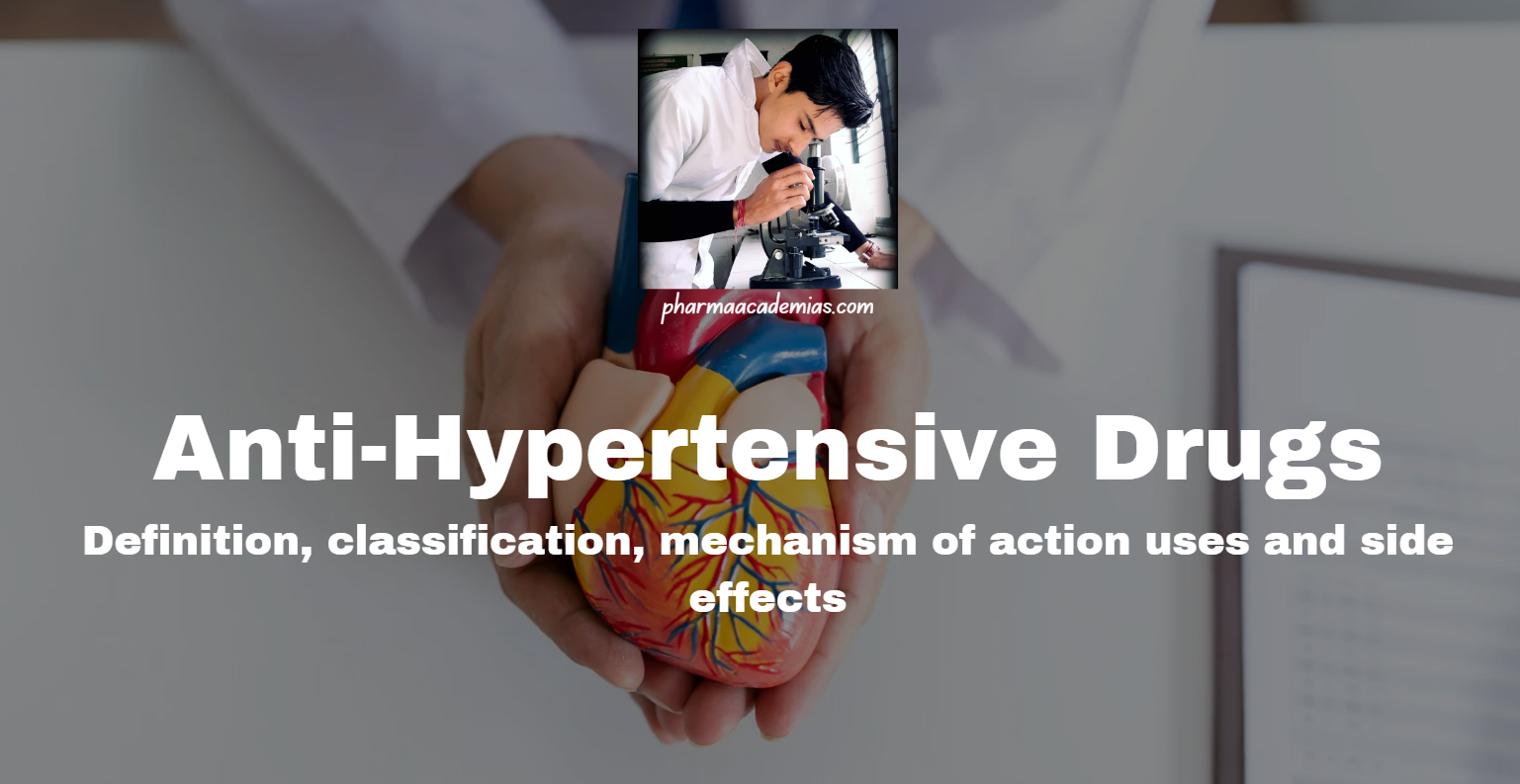Anti-Hyperlipidemic Drugs: Definition, classification, mechanism of action uses and side effects.
Hyperlipidemia refers to elevated levels of lipids in the blood, including cholesterol and triglycerides. This condition is a major risk factor for cardiovascular diseases, such as coronary artery disease, stroke, and peripheral artery disease. Anti-hyperlipidemic drugs, also known as lipid-lowering agents, are used to manage and reduce high lipid levels to lower the risk of … Read more





